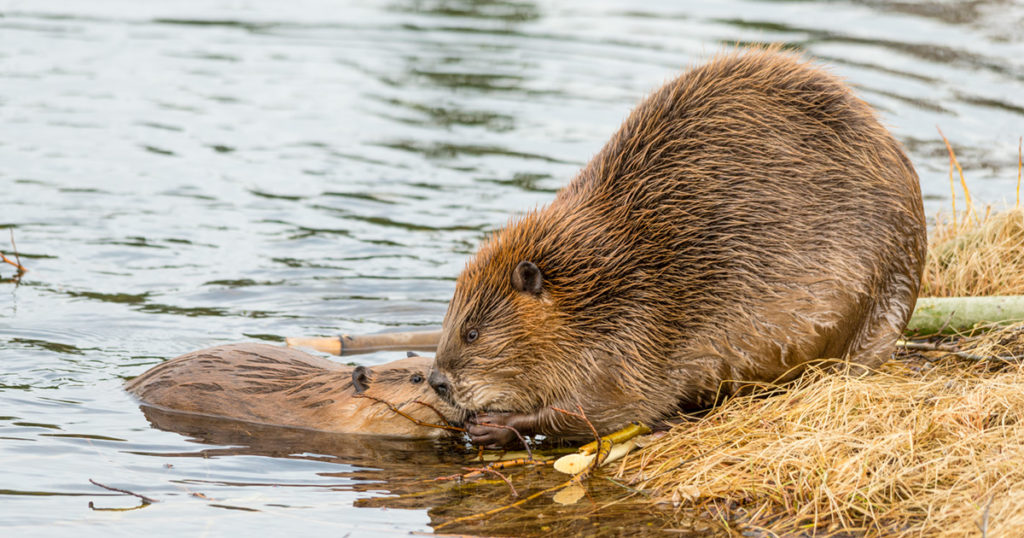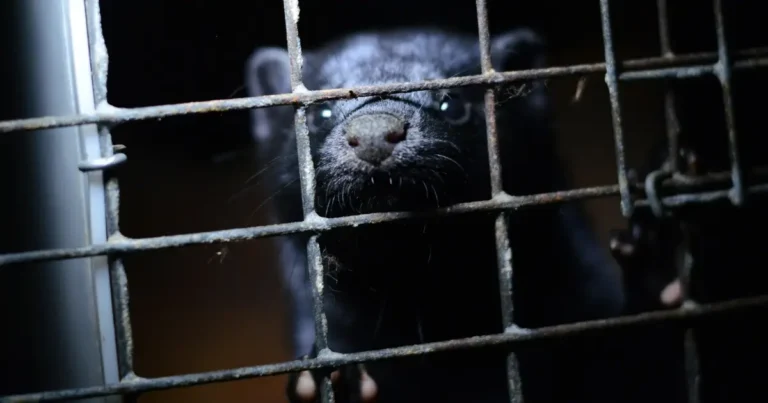
The City of Airdrie, Alberta, has signaled that it will incorporate a coexistence-centered approach as a management strategy for beavers in the city. This comes after significant backlash from residents over the city’s plan to kill beavers in Nose Creek in the fall of 2022.
In a July 4, 2023 council meeting, council voted unanimously to accept the North American Beaver Assessment and Management Plan and incorporate its recommendations into the city’s integrated pest management plan. This plan was prepared by EBB Environmental Consulting Inc. to assess beaver coexistence strategies in Nose Creek.
We would like to acknowledge the residents of Airdrie who raised their concerns to protect beavers in their community, communicated with and presented to council, and reached out to The Fur-Bearers about this issue. We commend the City of Airdrie for listening to citizen concerns and taking steps to coexist with beavers in Nose Creek.
Thank you to everyone who spoke up to save beavers in Airdrie!
Beavers in Airdrie: how we got here and what comes next
As reported in October, 2022, the City of Airdrie initiated a plan to trap and kill beavers in the Nose Creek corridor. The destruction of trees was identified by the city as a primary reason to kill the beavers. The city trapped and killed two beavers before halting their lethal approach in the face of sustained public pressure, putting the killing on pause until an assessment could be completed.
The assessment by EBB Environmental Consulting provides a detailed overview of the situation in Nose Creek and offers recommendations for the city for beaver management. While it notes relocation and lethal removal as management strategies, the assessment does not recommend beaver removal as an effective strategy in Airdrie, as the habitat in Nose Creek is well-suited for beaver occupancy. The assessment notes, “Regardless of how beavers are removed from a site, the removal of beavers will rarely represent a long-term solution and represents a short-term reduction in their presence.” (Page 46 of the assessment).
Instead, the assessment recommends management strategies that mitigate the primary issue of tree felling and emphasizes coexistence with beavers in this local habitat, as they are expected to remain in this area. Recommendations include diversionary planting, maintaining and repairing existing tree protections, and promoting beaver occupancy in an area of Nose Creek that would minimize impacts to private properties.
The specific measures that the city will take have not been identified, but it is encouraging to see coexistence approaches being favoured over lethal management. Concluding remarks in the assessment note the shift away from lethal approaches towards coexistence solutions when it comes to beaver management.
“While traditional approaches to beaver management (i.e., population management) is an effective tool in moderating population densities, particularly in the absence of high predation risk, the broader views of traditional wildlife management are shifting away from the acceptance of lethal management approaches and towards coexistence and the implementation of many non-lethal mitigative strategies to address the impacts associated with beavers.” (Page 48 of the assessment).
The report to council and the beaver management plan can be read using the following link. It begins on page 56 of the pdf.
Click here to download the July 4, 2023 City of Airdrie Council meeting minutes.
